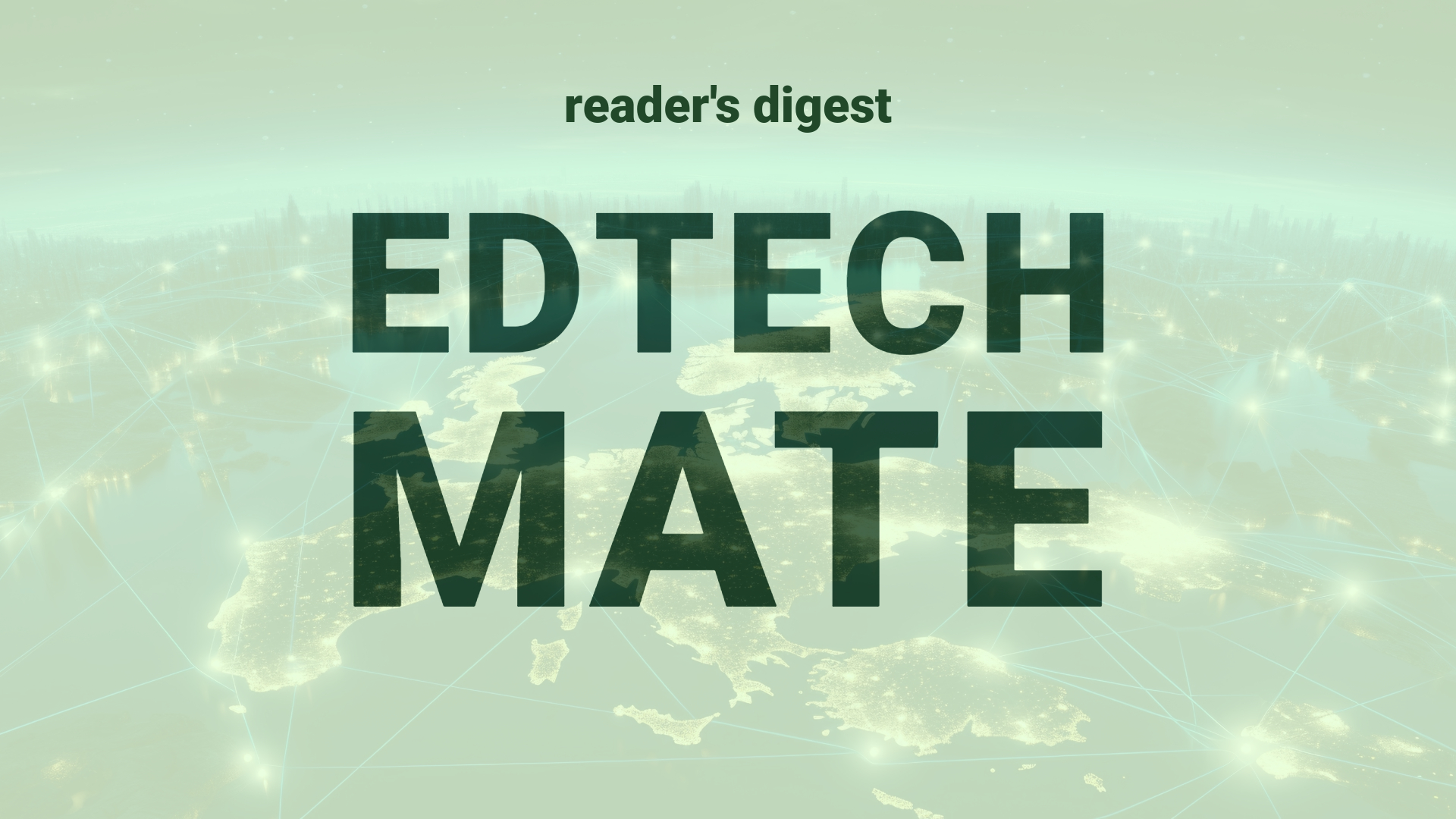Executive Summary and Main Points
In the dynamic realm of global higher education, technological advancements in artificial intelligence (AI) and machine learning (ML) continue to emerge as influential forces. Key innovations and trends in these sectors are shaping the digital transformation of educational processes. Recent high-profile AI blunders have brought attention to the critical need for accuracy, integrity, and careful deployment of AI tools, reiterating the significance of grounding technology into the organization’s core values. The strategic use of machine-learning algorithms can offer organizations a competitive edge, but potential pitfalls must be navigated to avoid reputational damage, financial loss, and other significant consequences.
Potential Impact in the Education Sector
Developments in AI and machine learning could revolutionize Further Education and Higher Education landscapes, particularly in the realm of personalized learning experiences and administrative efficiency. Micro-credentials may also benefit from enhanced validation through AI-powered systems. Strategic partnerships are crucial in leveraging technology to enhance learning while safeguarding against biases and ethical concerns. Digitalization efforts that involve the implementation of AI and ML tools should prioritize transparency, fairness, and inclusivity to foster a positive impact on the global higher education ecosystem.
Potential Applicability in the Education Sector
AI and digital tools offer numerous applications within global education systems, ranging from virtual assistants providing student support to advanced analytics for curriculum enhancement. AI-powered plagiarism detection, adaptive learning platforms, and intelligent tutoring systems can facilitate more effective learning processes. However, introducing these technologies requires a comprehensive understanding of their capabilities and limitations, particularly in diverse cultural and ethical contexts. Education leaders must ensure these tools align with pedagogical objectives and enhance overall educational outcomes.
Criticism and Potential Shortfalls
While AI in education has vast potential, it is not immune to criticism and potential shortfalls. Comparative international case studies reflect the complexity of AI integration into educational systems, highlighting instances of misinformation, bias, and underperformance when improperly managed. Ethical considerations, such as data privacy and representation, remain paramount as AI technologies continue to intersect with higher education. Cultural implications, including the risk of perpetuating systemic biases, must be examined meticulously to prevent inequitable outcomes.
Actionable Recommendations
For integration or exploration of AI in current or future projects within global higher education, practical steps include: engaging in cross-disciplinary partnerships to design transparent AI systems, implementing comprehensive training to ensure responsible use of AI technologies, and establishing monitoring frameworks to evaluate performance and impact. International education leaders should develop strategic plans that are aligned with educational goals and provide continuous feedback mechanisms to address any emerging issues proactively. By prioritizing ethical standards and embracing a culture of innovation, the education sector can harness the full potential of AI and digital transformation.
Source article: https://www.cio.com/article/190888/5-famous-analytics-and-ai-disasters.html

